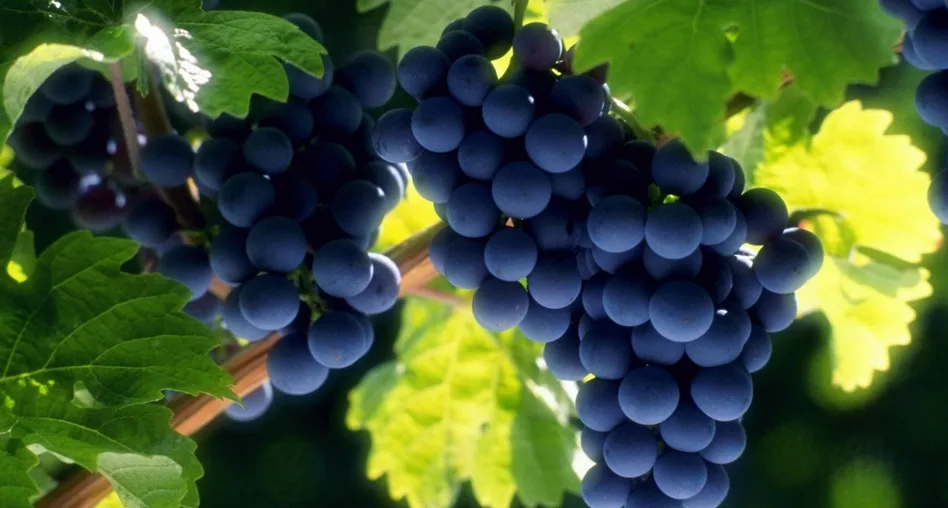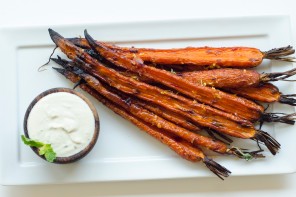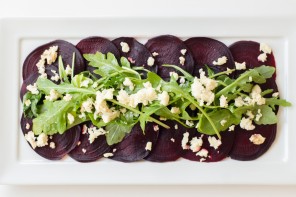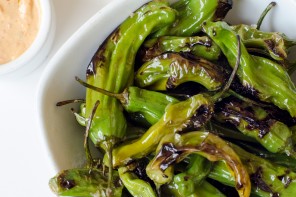When I meet representatives of the non-meat-eating population, I’m inclined to make jokes like “well, at least you can drink all you want!” (No? Just me?)
Sadly, even that’s not actually the case. We all blissfully imagine beautiful movie scenes of grape stomping and juice magically turning to wine. Wine production is often summed up in five oversimplified steps: grow the grapes, harvest the grapes, press the juice, add yeast (to convert sugar to alcohol), age in oak or steel… and Voilà! WINE!
However, there are actually some complicated scientific techniques that go into this whole wine making thing.
Cautionary note before proceeding: Vegans beware! I am about to burst your booze bubble.
Just like any crop, certain manipulations must be made throughout growth, harvest, and production. Much of this happens long before the grapes ever leave the vine: strategic planting, trimming of the vines, watering and irrigation systems, length of growing season, and time of harvest. Once those grapes are harvested, science and technology start to play a larger role.
In order to meet the winemaker’s and drinker’s criteria, multiple methods are used to realize the desired color, flavor, aroma, texture, and appearance of wine. And the truth is, we wine drinkers tend to prefer our wines crystal clear and beautifully bright. Thus, in an effort to attain the clearest and smoothest wine possible, young wines undergo a process called fining.
Fining agents act like magnets. They eliminate any hazy or cloudy appearance as well as remove any undue particles like proteins and/or tartrates. It is through the fining and filtration of wines that animal derived products are often used. Popular fining agents include: bone marrow, casein (a milk protein), chitin (crustacean shell fibers), egg whites, gelatin, fish oil, and more. While they may not sound appetizing, they are extremely effective.
Now, that is not to say there are no fining agents that are animal-free. Carbon, limestone, vegetable plaques, clay, and other vegan-friendly products are also capable of fining wines. Some winemakers have made an effort to use these alternatives, and many are also electing not to use this process at all. Instead, they allow their wines to self-clarify or self-stabilize. More often than not, these wines will be labeled as “not fined” or “unfiltered.”
Most wine drinkers won’t bat an eye at this, but it can pose quite a problem for those of us a on a plant-only diet. It is uncommon for a bottle to mention whether the wine it contains has been fined or filtered. It’s even more uncommon for labels to specify if a wine is suitable for herbivores or not. Good luck finding out what fining agents were used…
The good news: multiple websites, including Barnivore (http://www.barnivore.com/wine) and Frommars (http://www.vegans.frommars.org/wine/) keep updated lists on vegan-friendly wines.








